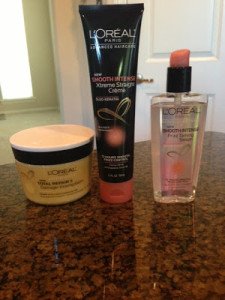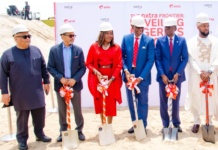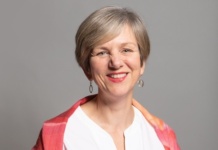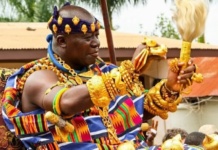In just two years, French cosmetics and beauty giant L’Oréal has opened offices in Egypt, Kenya, Nigeria and Ghana.
The company, which sells products such as SoftSheen-Carson’s Dark&Lovely, Lancôme lipstick and Maybelline mascara, recently acquired Kenya’s Interconsumer Products (ICP), which caters for the domestic market and for neighbouring Uganda and Tanzania.
Oru Mohiuddin, a senior analyst at Euromonitor, said that instead of having to build from scratch, L’Oréal now owned ICP’s manufacturing plant as well as its research and development (R&D) centre, supplementing its structure in South Africa to support its expansion drive in the region.
“L’Oréal is shifting its focus towards the Middle East and Africa as growth projections reveal improved prospects. Beauty and personal care in the Middle East and Africa has a predicted absolute growth of nearly $7bn. Colour cosmetics and hair care, both key categories for L’Oréal, are expected to make a significant 35% contribution to the region’s overall beauty and personal care absolute growth over the next five years,” she said.
Urbanisation and rising affluence are fuelling the consumer boom on the continent.
The Economist Intelligence Unit predicts that by 2030‚ Africa’s top 18 cities could have a combined spending power of $1.3-trillion.
L’Oréal South Africa MD Bertrand de Laleu lists Algeria, Egypt, Ethiopia, Nigeria, Angola and Tanzania among the countries seen to have the most promising growth. “Like consumers around the world, African consumers are aspiring to international brands. They want quality and they’re ready to pay but even though their purchasing power is on the rise, it’s fairly low so we have to adapt the packaging and size of our products,” Mr de Laleu said.
African markets have other complexities. Trade is largely conducted through informal retail platforms such as spaza shops and open markets. The supply chain is complicated and customs barriers add significantly to the cost of importing goods.
A common mistake as companies look to Africa is to use a one-size-fits-all approach.
“Each country has a different history. They don’t use the same brands, the climates are different — this affects the curl of the hair and the moisture and elasticity in the skin.”
The group will open the L’Oréal Professional African Salon Institute in South Africa later this year.
The institute, which will contribute to a sustainable hairdressing sector in South Africa, will provide training to stylists on all hair types. Also in South Africa, L’Oréal will open up to five Kiehl’s stores a year. The American skin, hair and body care brand, which is housed in L’Oréal’s Luxe division, arrived in South Africa last year. There are three stores in the country.
US giant Estée Lauder is also making a play for Africa through its MAC brand, whose credo “all ages, all races, all sexes” has appealed to “brand aware” Nigerian consumers.










